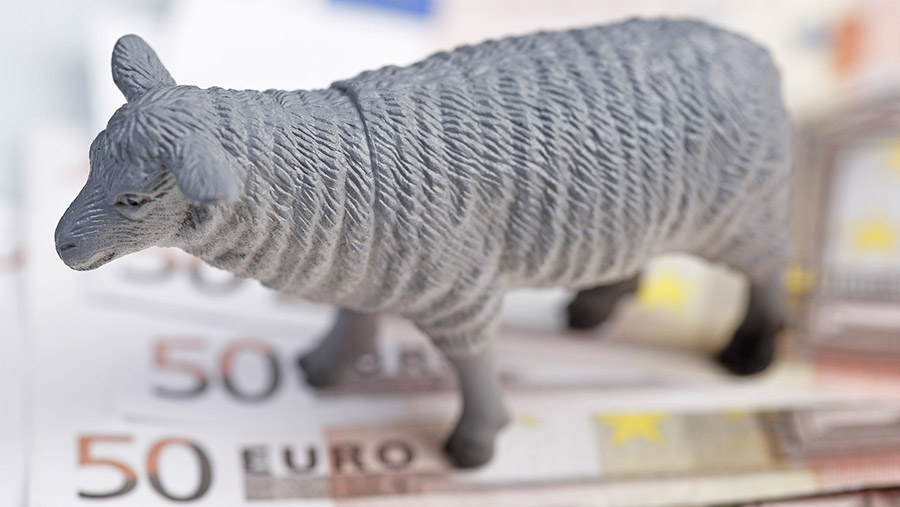Farm income figures highlight need for good Brexit deal
 © Ismo Pekkarinen/REX/Shutterstock
© Ismo Pekkarinen/REX/Shutterstock Final farm income figures for 2015/16 show the need for agriculture to get a good deal post-Brexit, according to the NFU.
Defra released estimated figures for Farm Business Income (FBI) in January and has now published final figures for the year to March. FBI is a measure of business income before any drawings are taken.
NFU president Meurig Raymond noted that overall it was the third consecutive year that incomes had fallen.
See also: Lessons and advice from the dairy downturn
The figures underlined the need to ensure that British agriculture was dealt with fairly when Government started its negotiations for a post-Brexit Britain, he said.
“The most immediate issues confronting the farming sector are trade and access to labour – these must be at the heart of any discussions for the country’s future farm policy so that our industry is able to achieve its true potential.”
Income analysis
While incomes for farmer businesses involved in cereals and general cropping did better than expected in 2015/16, all other farm enterprise types did worse, according to the statistics.
Farmers with general cropping enterprises saw their incomes rise 21% on the year to £62,900 – nearly £20,000 more than had been expected back in January. This was put down to improved yields and better potato prices.
Conversely, cereal growers saw their FBI fall 21% on the year to £35,600. This was however £1,600 better than had been estimated.
Dairy producers, having dealt with the second year of the industry’s crisis, saw their FBI plummet 49%. Their final average income of £42,300 was £4,200 less than had been expected in January.
Although strong international demand for pork has bumped up pig prices in the last few weeks, in the year to March pig producers’ income fell a whopping 56% on the year.
